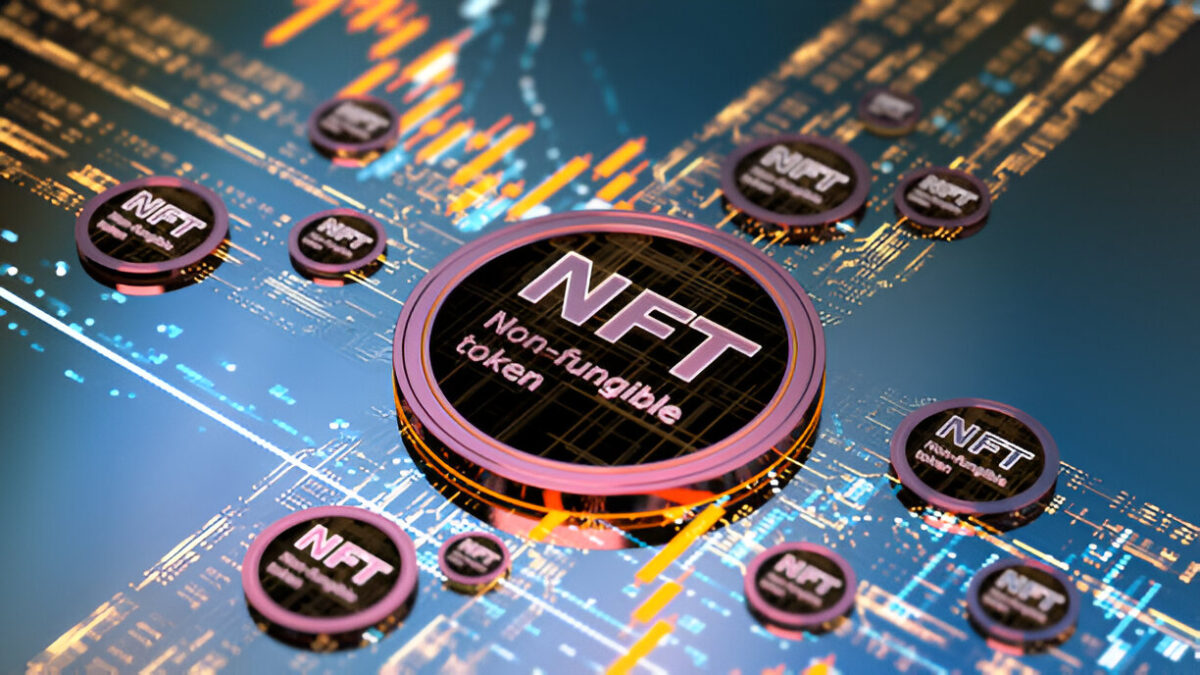
The rise of Non-Fungible Tokens (NFTs) has transformed the gaming industry, offering new opportunities for developers and players alike. However, choosing the right blockchain for your NFT game is a crucial decision that can significantly impact your game’s success. With several blockchain options available, each with its unique features, it’s essential to select one that aligns with your game’s needs and long-term goals. In this blog, we’ll guide you through the key factors to consider when choosing the right blockchain for your NFT game.
Understanding the Role of Blockchain in NFT Gaming
Blockchain technology is the foundation of NFT gaming, enabling the creation, ownership, and transfer of digital assets in a decentralized manner. The choice of blockchain determines how secure, scalable, and cost-effective your game will be. Whether you’re a developer working with a Blockchain Development Company or an independent creator, understanding these factors is essential to making an informed decision.
Key Factors to Consider When Choosing a Blockchain
- Transaction Speed and Scalability
The success of an NFT game often depends on how efficiently it can handle transactions. Blockchains like Ethereum, while highly secure and widely adopted, are known for slower transaction speeds and high gas fees, especially during peak usage times. For games with a high volume of transactions, this can lead to delays and increased costs for players.
Alternatives like Binance Smart Chain, Solana, and Polygon offer faster transaction speeds and lower fees, making them suitable for games that require quick and cost-effective transactions. When working with an NFT Marketplace Development Company, consider how the blockchain’s scalability will affect your game’s performance as it grows.
- Security and Reliability
Security is paramount in the world of NFTs, where valuable digital assets are constantly exchanged. Ethereum is known for its strong security framework, supported by a large community of developers and validators. However, newer blockchains like Solana and Avalanche also offer robust security features, with some even boasting advanced mechanisms to protect against potential attacks.
When choosing a blockchain, evaluate its track record in terms of security breaches and reliability. A Blockchain Development Company can provide insights into the security protocols of different blockchains, helping you choose one that ensures your game’s assets are safe.
- Cost Efficiency
The cost of transactions on a blockchain, commonly referred to as gas fees, can significantly affect both developers and players. Ethereum’s gas fees are notoriously high, which can be a barrier for new players or games with frequent transactions. On the other hand, blockchains like Binance Smart Chain and Polygon offer much lower fees, making them attractive options for cost-conscious developers.
When selecting a blockchain, consider the financial implications for your users. An NFT Marketplace Development Company can help you optimize the cost structure by choosing a blockchain that balances fees with performance.
- Community Support and Ecosystem
A strong developer community and ecosystem can greatly enhance your game’s development process. Ethereum, with its extensive developer community and vast array of tools and resources, remains a popular choice for many NFT games. This strong support network can simplify the development process, offering solutions and innovations that might not be available on less established blockchains.
However, emerging blockchains like Solana and Polkadot are rapidly building their ecosystems, attracting developers with their unique features and advantages. When making your choice, consider how active and supportive the blockchain’s community is, as this can impact the long-term success and innovation of your game.
- Interoperability and Cross-Chain Compatibility
As the NFT space evolves, the ability to move assets across different blockchains is becoming increasingly important. Interoperability allows for greater flexibility and can enhance the gaming experience by enabling assets from one game to be used in another.
Ethereum, with its broad adoption, offers several cross-chain solutions, but newer blockchains like Polkadot are designed with interoperability in mind, making it easier to connect with other blockchains. Depending on your game’s vision, working with a Blockchain Development Company that understands cross-chain compatibility can be crucial to your success.
Conclusion
Choosing the right blockchain for your NFT game is a critical decision that requires careful consideration of various factors, including transaction speed, security, cost efficiency, community support, and interoperability. Whether you’re looking for the established security of Ethereum or the speed and cost advantages of newer blockchains like Binance Smart Chain or Solana, the right choice will depend on your game’s specific needs and goals.
Partnering with a reliable NFT Marketplace Development Company can provide you with the expertise needed to navigate these choices, ensuring that your game is built on a solid, scalable, and secure foundation. By making an informed decision, you can set your NFT game up for long-term success in the rapidly evolving world of blockchain gaming.
